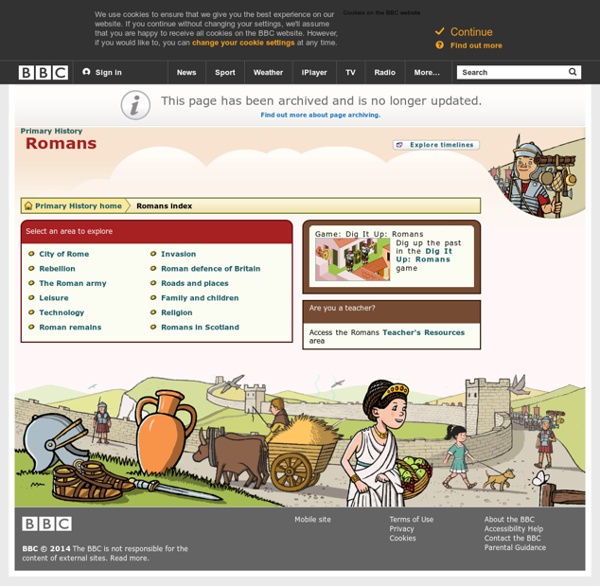Classical Reception Studies Network
The Classical Reception Studies Network (CRSN) aims to facilitate the exchange of information and to encourage collaboration in the field of classical reception studies by bringing together departments and individuals from across the world. Classical Reception Studies is the inquiry into how and why the texts, images and material cultures of Ancient Greece and Rome have been received, adapted, refigured, used and abused in later times and often other places. For more information on the Network and its history, please go to the Network page which explains who we are and what we do. The Events section lists current and future Classical Reception conferences, seminars, workshops and performances. "Happy Birthday, everyone - and many happy returns!"
How 3rd century Chinese saw the Romans
A country of “numerous minor kings” where fierce tigers and lions kill travelers. That doesn’t sound like your average description of Rome, does it? The borders of the Roman Empire and Han China around 100 AD. It’s hard to forget just how connected the world is nowadays. In ancient times, most people would be blissfully unaware of the entire world outside their local community. The average Chinese, for instance, would have never known that elsewhere on the globe, a glorious people called the Romans ruled over a massive empire.
Secrets of Lost Empires
by Dennis Gaffney Aqueducts are one of the wonders of the Roman Empire. These graceful structures are not only majestic, but are engineering marvels that survive to this day. In "Construct an Aqueduct," you are hired as Chief Water Engineer by the Roman Emperor. Your job: to build an aqueduct that will supply the Roman city of Aqueductis with clean water to private homes, public baths and glorious fountains.
Roman Art
As of July 1, 2013 ThinkQuest has been discontinued. We would like to thank everyone for being a part of the ThinkQuest global community: Students - For your limitless creativity and innovation, which inspires us all.
Part of a wall painting from a Roman villa
Roman Britain, 4th century AD Lullingstone, Kent Christians at prayer This wall painting was found at Lullingstone, Kent, in the Darenth valley, when the remains of a Roman villa were excavated in 1949. The villa had been built in the late first century AD, and altered and extended several times in the succeeding 300 years.
Warburg Institute digital copy antiquities
Catalogue Articles You are not logged in | My saved items (0 items) | Login Give Feedback
The Roman Domus
The Roman domus was much more than a place of dwelling for a Roman familia. It also served as a place of business and a religious center for worship. The size of a domus could range from a very small house to a luxurious mansion. In some cases, one domus took up an entire city-block, while more commonly, there were up to 8 domus per insula (city-block). All domus were free-standing structures. Some were constructed like modern-day townhouses with common walls between them, while others were detached.
A History of Surgery
By Tim Lambert Ancient Surgery In the stone age some adults had holes cut in their skulls. At least sometimes people survived the 'operation' because the bone grew back. We do not know the purpose of the 'operation'.
School - Kingdom, Republic, Empire - Ancient Rome for Kids
In its early days, when Rome was a kingdom, kids did not go to school. Education took place in the home and was done by the family. If a family had someone who knew how to read and write, the boys were taught how. They were also taught how to be warriors. Finally, they were taught how to manage the farm or business and how to behave in society.
Home - Classics - LibGuides at Credo Reference
Credo LibGuides can be linked to from your institution's webpage. For LibGuides subscribers, these guides may be freely copied and modified to create or supplement your own LibGuides. Learn how to copy a LibGuide. When clicking on the links, your Credo account is accessed by IP authentication or through your institution's proxy server. For help with access issues, contact libguides@credoreference.com



